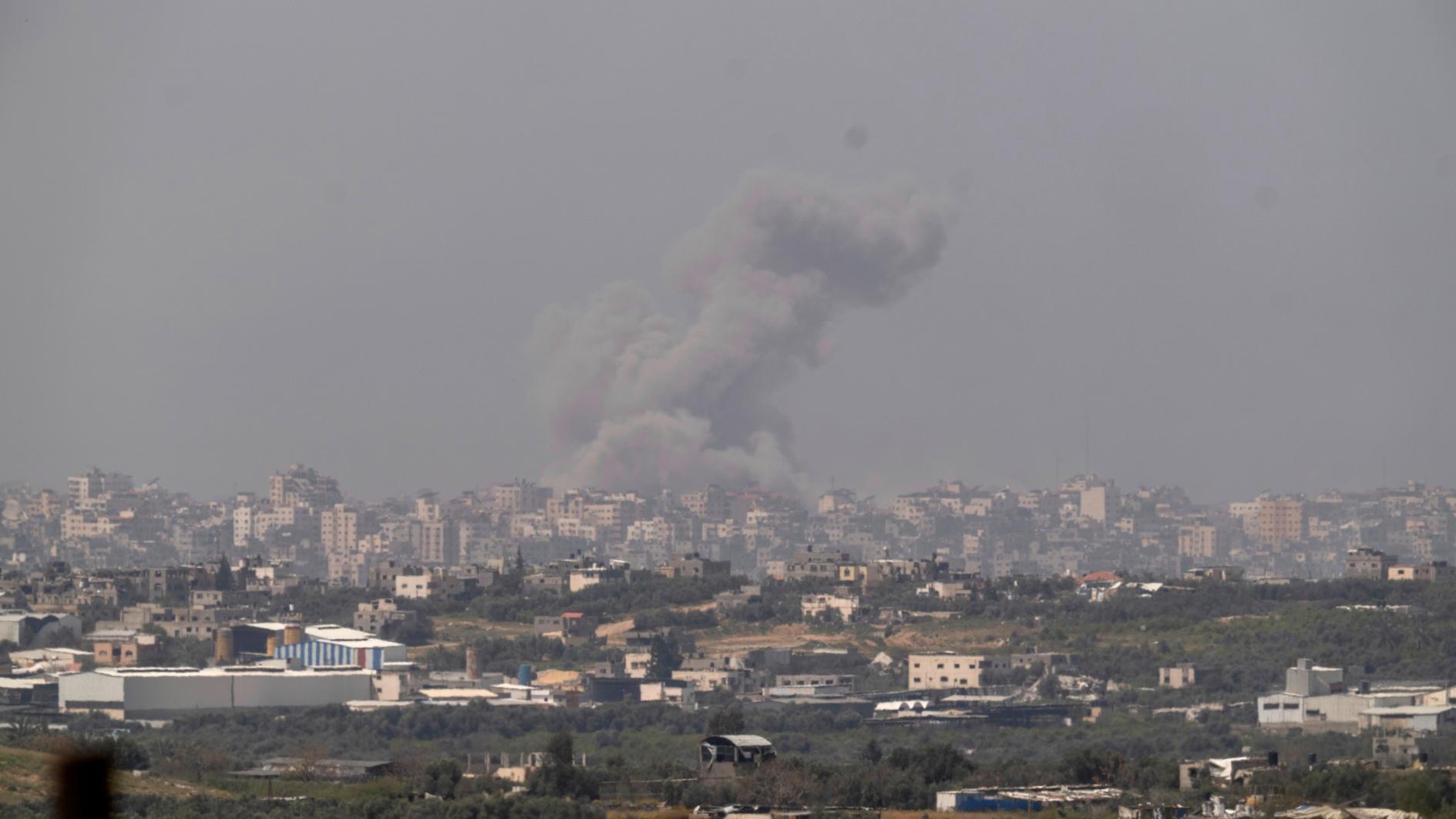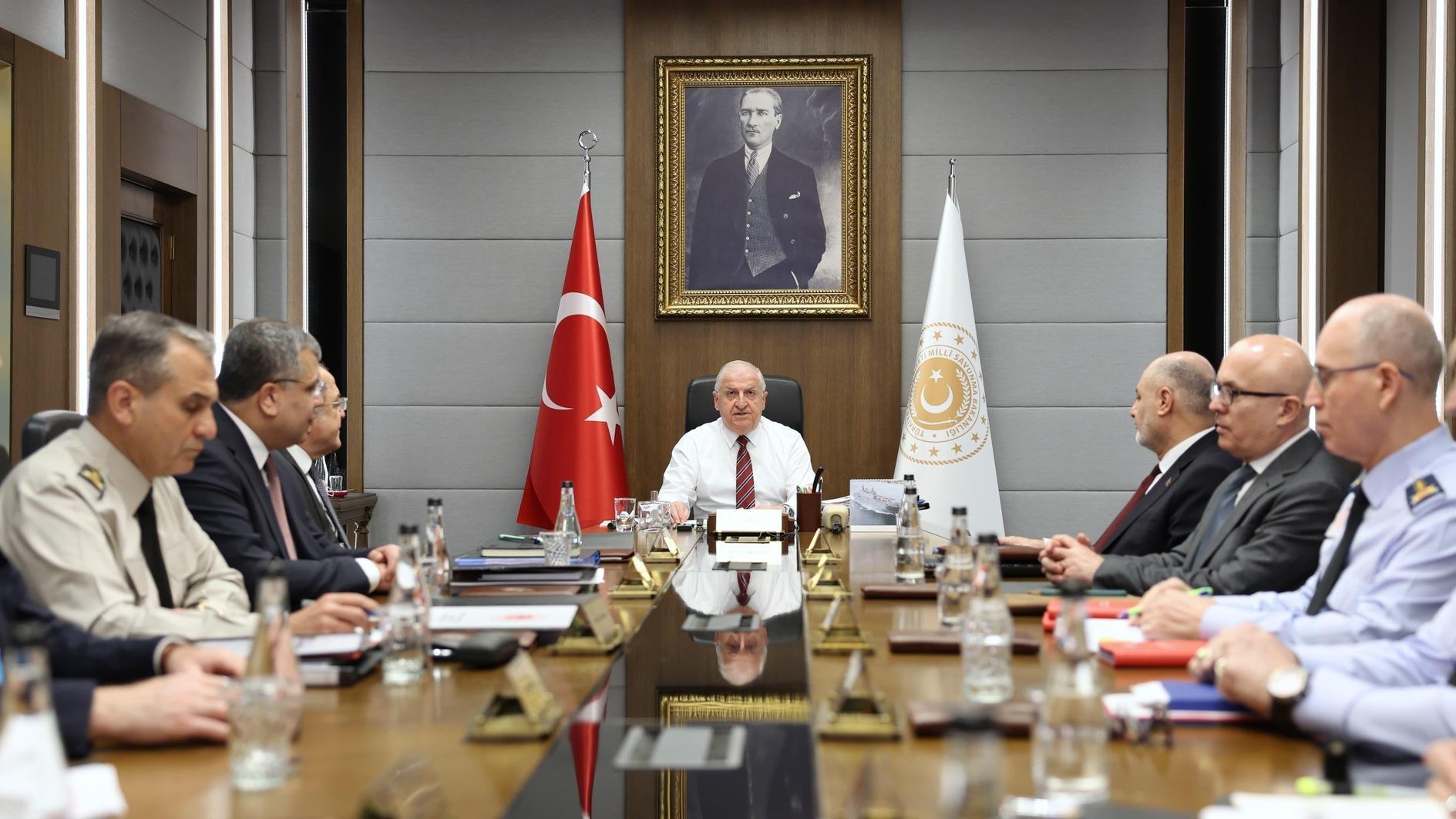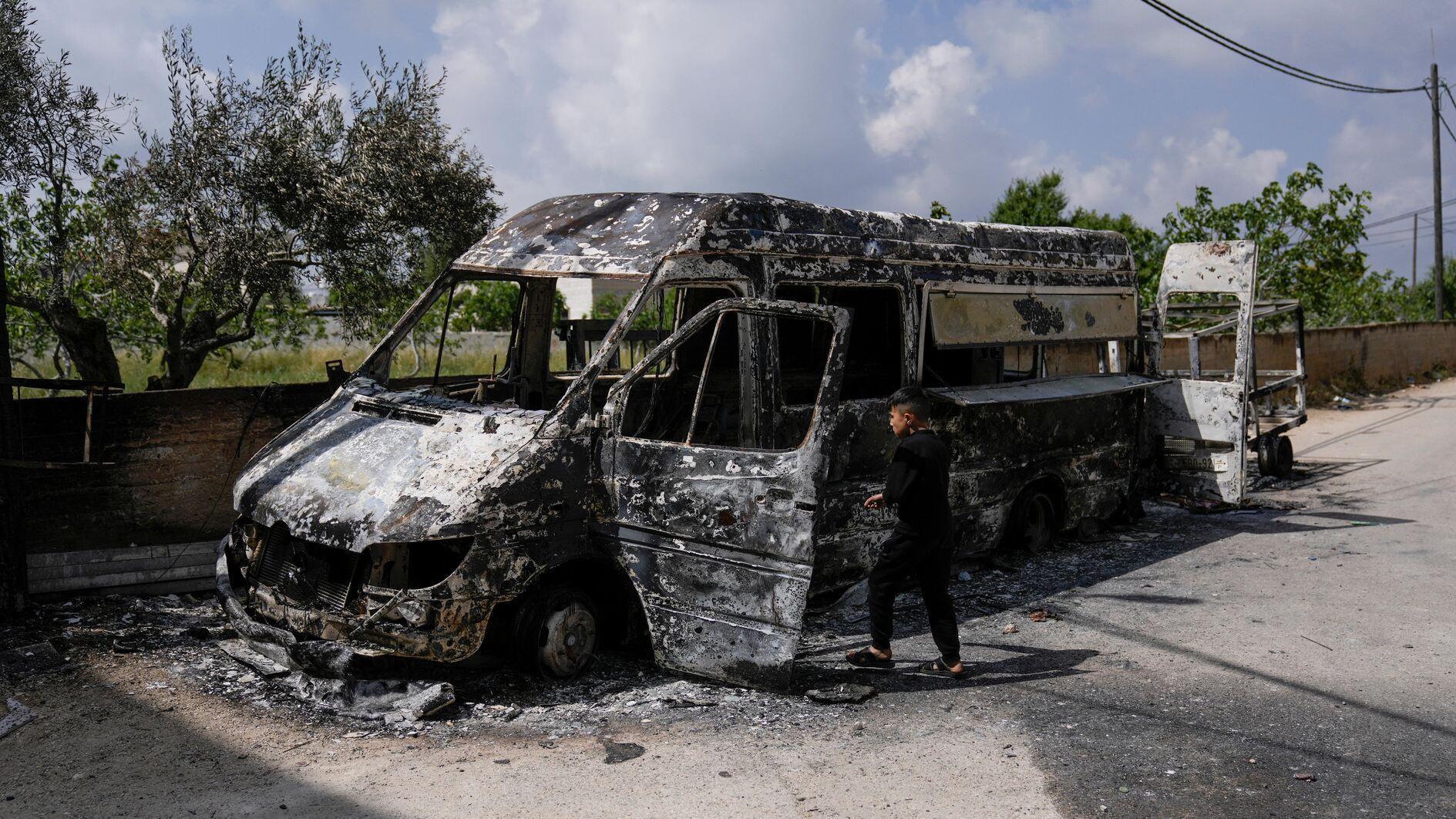NATO, Turkey challenge Russia on Black Sea
Turkey will soon elect a new leader for the ruling Justice and Development Party (AKP) and therefore a new prime minister who will introduce a new cabinet with new names to crucial ministerial posts. However, the current government’s three ministers dealing mostly with foreign policy and security issues, Foreign Minister Mevlüt Çavuşoğlu, EU Minister Volkan Bozkır and Defense Minister İsmet Yılmaz, are likely to keep their seats, barring any last-minute surprise.
All three ministers are busy with their already announced programs, trying to make sure Turkish diplomacy is well-functioning, although there is political uncertainty in the absence of an effective government.
However, as expected, following the sudden departure of Prime Minister Ahmet Davutoğlu, President Recep Tayyip Erdoğan has taken all control of foreign policy in his hands, signaling that this trend will continue in the new era of Turkish politics. The next prime minister of Turkey – regardless of his identity – will have almost no influence on the making of Turkish foreign policy.
Under the dominance of Erdoğan, one can expect that Turkish foreign policy will continue to be as assertive as it was during Davutoğlu’s term but at the same time, will be much more challenging, as proven with his intervention in the Turkey-EU migrant deal.
But recent developments have made sure that the ongoing rivalry between Turkey and Russia will constitute another case in which we will observe more of this kind of challenging measures and initiatives from Turkey.
Erdoğan hinted that the Black Sea will be the new theater of conflict between Turkey and Russia, and therefore NATO and Russia. In his address to visiting chiefs of staffs from Balkan countries, Erdoğan said the following:
“We should transform the Black Sea into a basin of stability again on the basis of cooperation among riparian countries around the Black Sea. A short while ago [NATO chief Jens] Stoltenberg was in Turkey. During his visit I told him: ‘You are not visible in the Black Sea. And your invisibility in the Black Sea turns it into a Russian lake, so to speak.’ As riparian countries, we should live up to our responsibilities. As NATO members, we should take all required steps in all spheres, including the sea, air and land. Otherwise, history shall not forgive us. And we should also deepen our existing cooperation in accordance with an approach of regional inclusiveness. I would like to express that we will keep sharing our proposals on this issue with riparian countries of the Black Sea in the near future.”
Turkey shifting Black Sea policy
There is no need to underline that this is an important deviation from Turkey’s traditional policy with regard to the Black Sea. Turkey’s policy was to keep NATO, and therefore the United States, out of this region in order to avoid complicating the already fragile balance in the Black Sea provided by the 1937 Montreux Convention. A number of military and political mechanisms – like the Blackseafor – has been built to provide for the security of the Black Sea by the riparian countries. Turkey was careful at not undermining the Montreux Convention even during the hard days of the Georgia war in 2008 when the U.S. wanted to help Tbilisi.
Things seem to have changed since bilateral relations between Ankara and Moscow soured after the downing of a Russian warplane on Nov. 24, 2015. A proxy war between the two countries has already produced reflections on several fronts, in the Middle East, Syria and Caucasus, which has seen an escalation between Baku and Yerevan. The Black Sea will surely follow them.
Turkey’s strategy to confront Russia has two prongs: It will on the one hand seek to reinforce NATO deterrence in and around the Black Sea. The upcoming NATO Summit in Warsaw in July will set an important venue for the alliance to review its military preparedness against Russia’s potential moves in the Baltic Sea, Eastern Europe, as well as in Ukraine and the Black Sea. Among other measures taken by the alliance in the aforementioned areas of conflict, the activation of a new ground-based missile defense system by the U.S. in Romania last week stands an important move to address Russian aggression in the region.
Military cooperation with Tbilisi, Baku and Kyiv
Reinforcing the naval forces of Romania and Bulgaria, intensifying efforts to let Georgia join NATO and granting more political and military support to Ukraine are other aspects of the alliance in responding to Russia in this particular region.
The second leg of the Turkish approach includes developing a military-to-military relationship with all countries around the Black Sea region. A recent visit by Defense Minister Yılmaz to Ukraine brought about a new agreement between the two riparian states to “outline directions and spheres of military cooperation between the two countries’ armies until 2020.” This agreement came after high-level visits between the two countries earlier this year that has highlighted Turkey’s intention to stand in unity with Ukraine in its conflict with Russia.
Another important meeting took place in Azerbaijan as the defense ministers of Turkey, Georgia and Azerbaijan came together to discuss a trilateral military cooperation agreement. At a moment when Georgia’s territorial integrity is at stake due to the South Ossetia and Abkhazia conflicts and the Nagorno-Karabakh problem is about to take Azerbaijan and Armenian into the middle of a hot conflict, discussions over military cooperation that would envisage joint military exercises show the significance of the move.
All these developments portray a significant change in Turkey’s traditional foreign policy of not directly confronting Russia on the Black Sea and surrounding regions. It will be very important to observe how Russia’s Vladimir Putin will respond to all these measures and what dangerous consequences they will produce.











